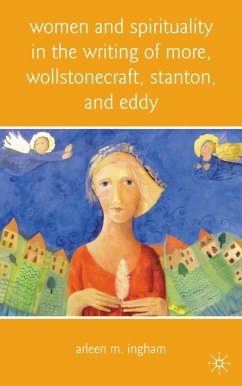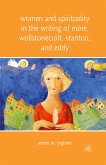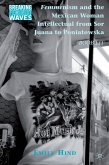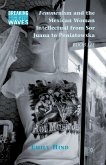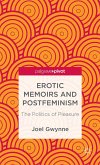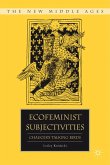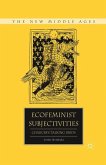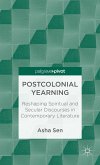This groundbreaking book explores the philosophical writing of four female reformers, identifying how their spiritual representations of the feminine attempted to authorize and empower women. Championing the benefits of well educated Christian women, Hannah More, Mary Wollstonecraft, Elizabeth Cady Stanton and Mary Baker Eddy constructed an idiom through which to represent the spiritual equality of the male and female. Arleen M. Ingham critically investigates how these writers challenged historical identity formations and highlighted the potential for female influence in the private "and "public sphere.
This comparative study graphs the feminist theological trajectory of the religious writings of four eclectic, but similar, women: Hannah More, Mary Wollstonecraft, Elizabeth Cady Stanton, and Mary Baker Eddy.
This comparative study graphs the feminist theological trajectory of the religious writings of four eclectic, but similar, women: Hannah More, Mary Wollstonecraft, Elizabeth Cady Stanton, and Mary Baker Eddy.
"To my knowledge, there is no other text available that compares and contrasts the writings of these women. Ingham demonstrates a keen understanding of the cultural and personal situation of the writers, literary genre, and theological bias of the women in this book. She even critiques one writer based upon the writings of another. She makes the women live for the reader. The author knows her subject well and has an enthusiasm for the writings of the women. She has chosen dozens of quotations as transitions or introductions and some of them are truly remarkable. The idea of comparing these writings is unique. This book could become a classic in the field." - Marla J. Selvidge, Professor and Director, Center for Religious Studies, University of Central Missouri
"This is difficult and dense material carefully presented by an author well versed in the religious discourse of the period." - Sabine Vanacker, Lecturer in English, University of Hull
"The choice of both feminist and anti-feminist writers reveals that these writers are actually closer in their views than has previously been thought." - Heather Ingman, Trinity College
"This is difficult and dense material carefully presented by an author well versed in the religious discourse of the period." - Sabine Vanacker, Lecturer in English, University of Hull
"The choice of both feminist and anti-feminist writers reveals that these writers are actually closer in their views than has previously been thought." - Heather Ingman, Trinity College

